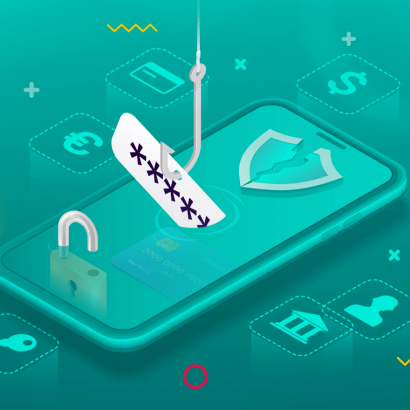Techcellent: Phishing

Stay #Techcellent with Mix 93.8 FM - Tuesdays from 11:40. Proudly powered by Afrihost. Listen live: https://fal.cn/3gxr8
This month we’re going to focus on Online Privacy and Security. We’ll share tips on how to avoid phishing scams, teach you how to pick a secure password and share how you can protect your digital identity, privacy and social media.
Scammers use email or text messages to trick you into giving them your personal information. They may try to steal your passwords, account numbers, or Identity number. If they get that information, they could gain access to your email, bank, or other accounts. Scammers launch thousands of phishing attacks like these every day — and they’re often successful.
Signs to look out for Phishing emails and text messages may look like they’re from a company you know or trust. They may look like they’re from a bank, a credit card company, a social networking site, an online payment website or app, or an online store. Phishing emails and text messages often tell a story to trick you into clicking on a link or opening an attachment.
They may say
- they’ve noticed some suspicious activity or log-in attempts.
- claim there’s a problem with your account or your payment information.
- say you must confirm some personal information.
- include a fake invoice.
- want you to click on a link to make a payment.
- say you’re eligible to register for a government refund.
- offer a coupon for free stuff.
How to protect yourself
- Never click on links in unsolicited emails.
- Look for bad grammar, bad spelling and anything that looks strange or out of place.
- Double check the email address that the email was sent from.
- Do not engage with these emails and delete them immediately.

 Blog
Blog
Leave a Comment